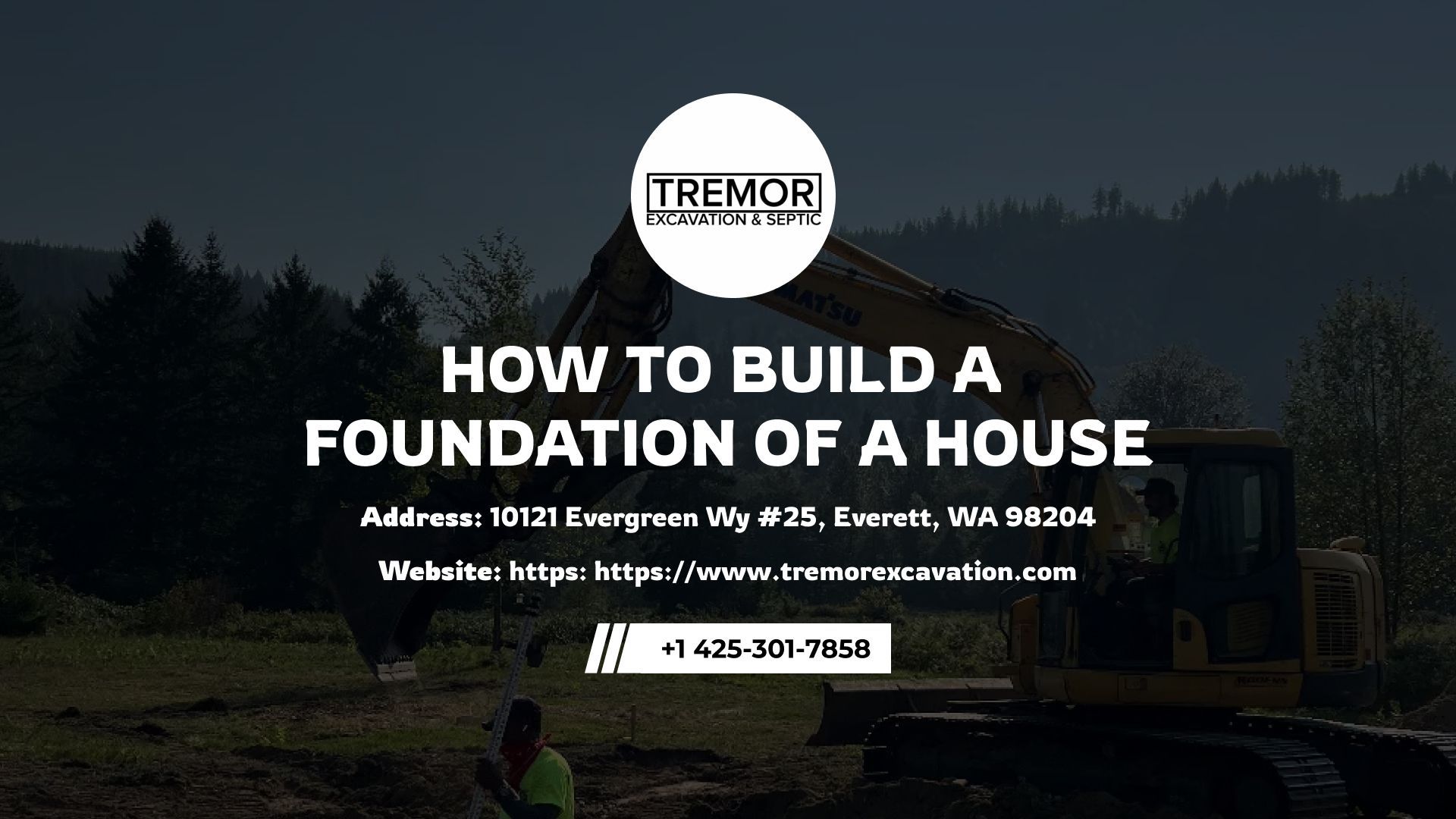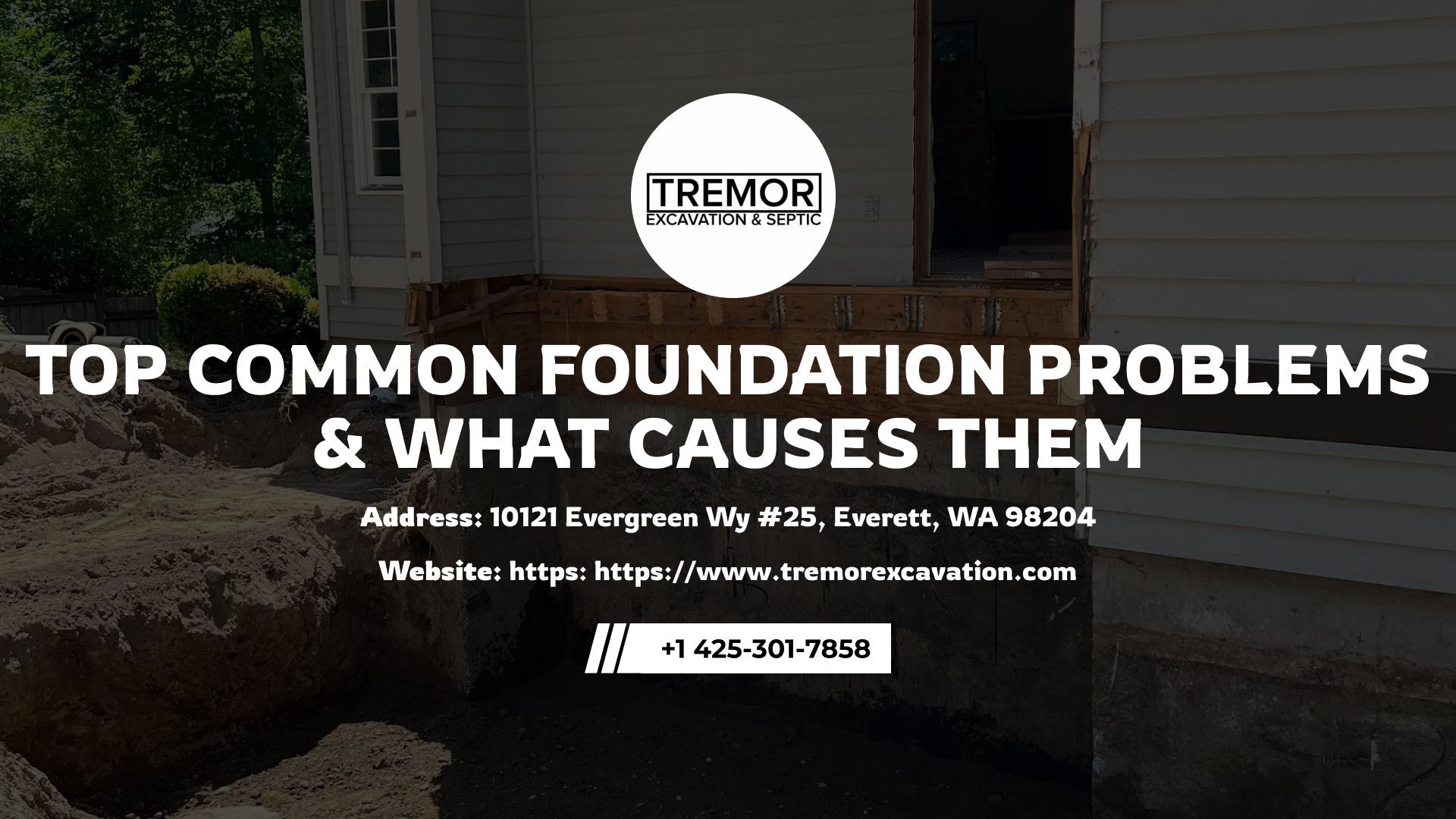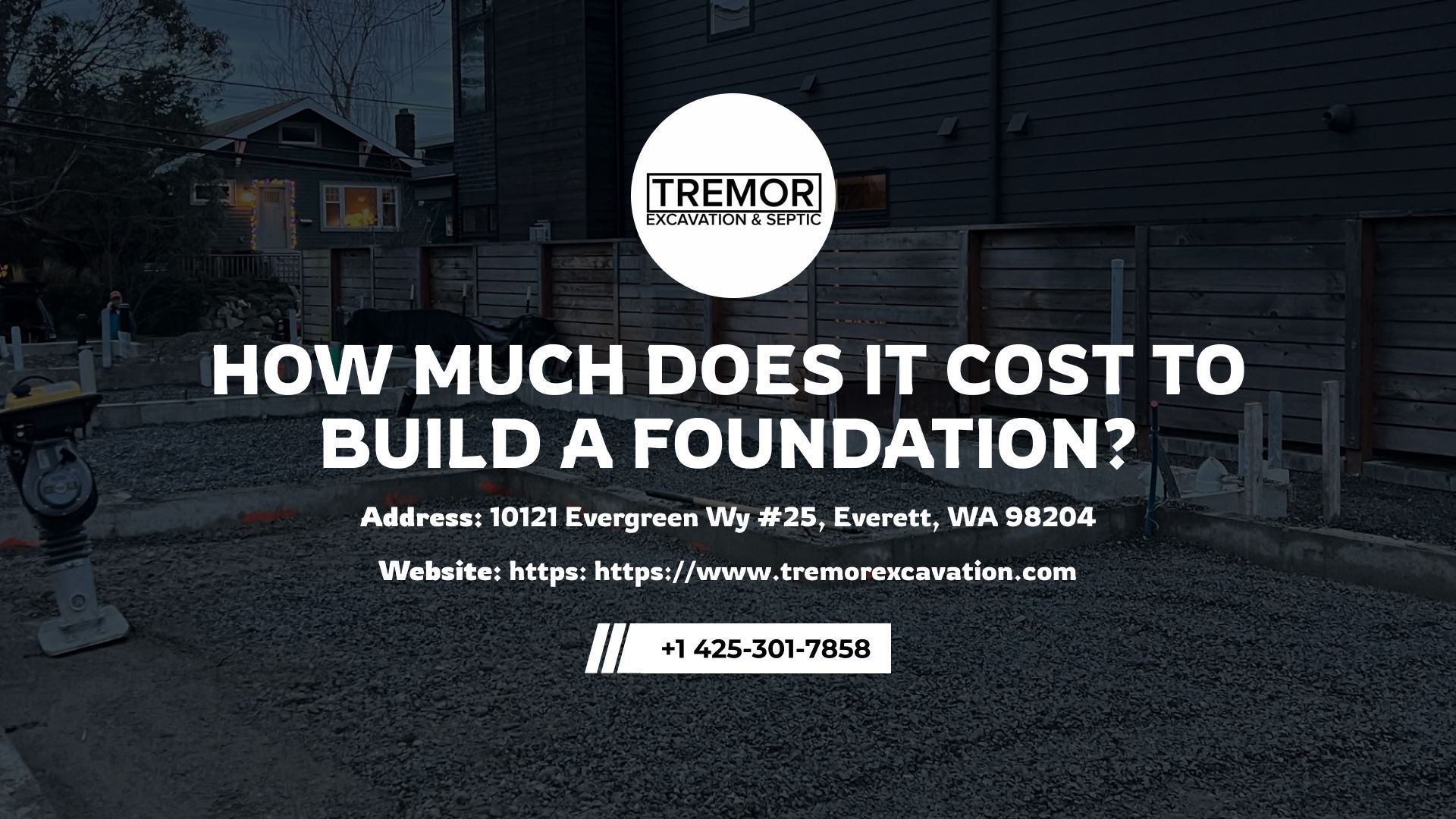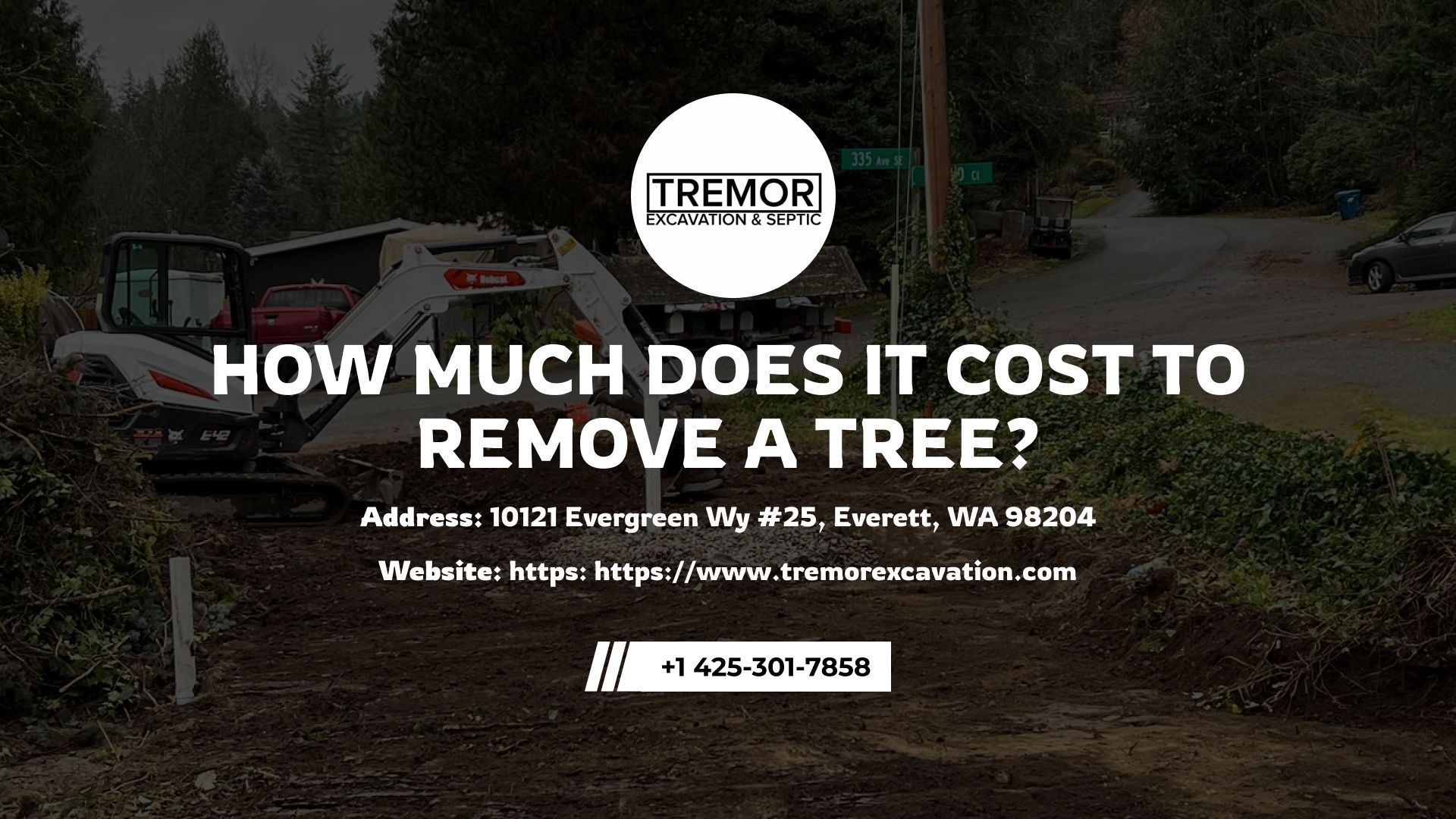What Is Excavation In Building Construction?
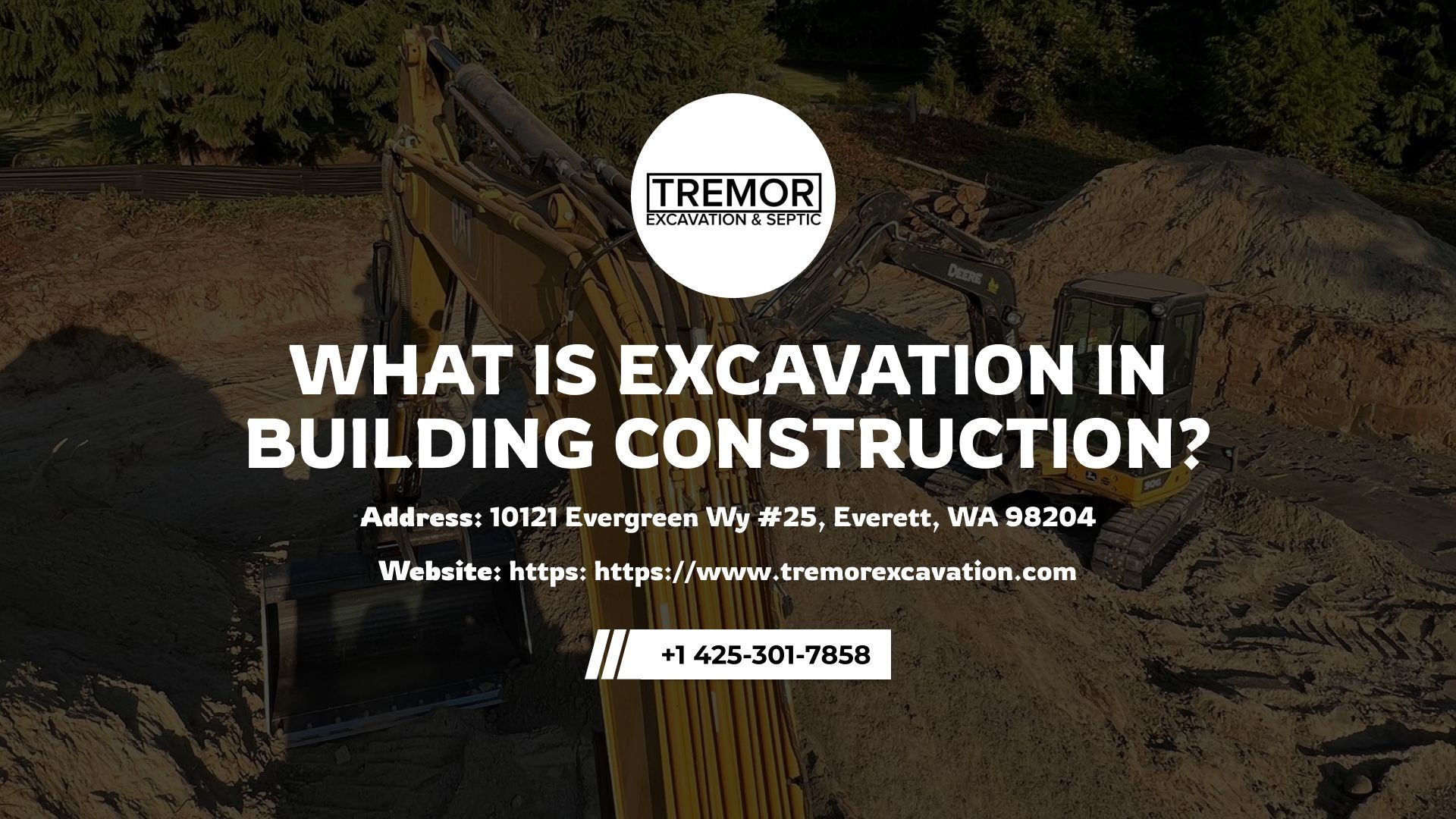
What is excavation in building construction, and why is it the first step in almost every project? In this guide, we’ll explain how excavation works and what an excavator contractor does to kick off the project.
Key Takeaways
- Excavation is foundational to site preparation and the first physical step in most construction projects.
- The normal practice is trenching, tunneling, dredging, drilling, and grading
- Excavation cost is dependent on soil, depth, location, and equipment
- Heavy machinery like bulldozers and excavators enables excavation.
- This process involves planning, obtaining permits, and conducting safety checks.
- Following the right steps is key to avoiding costly errors.
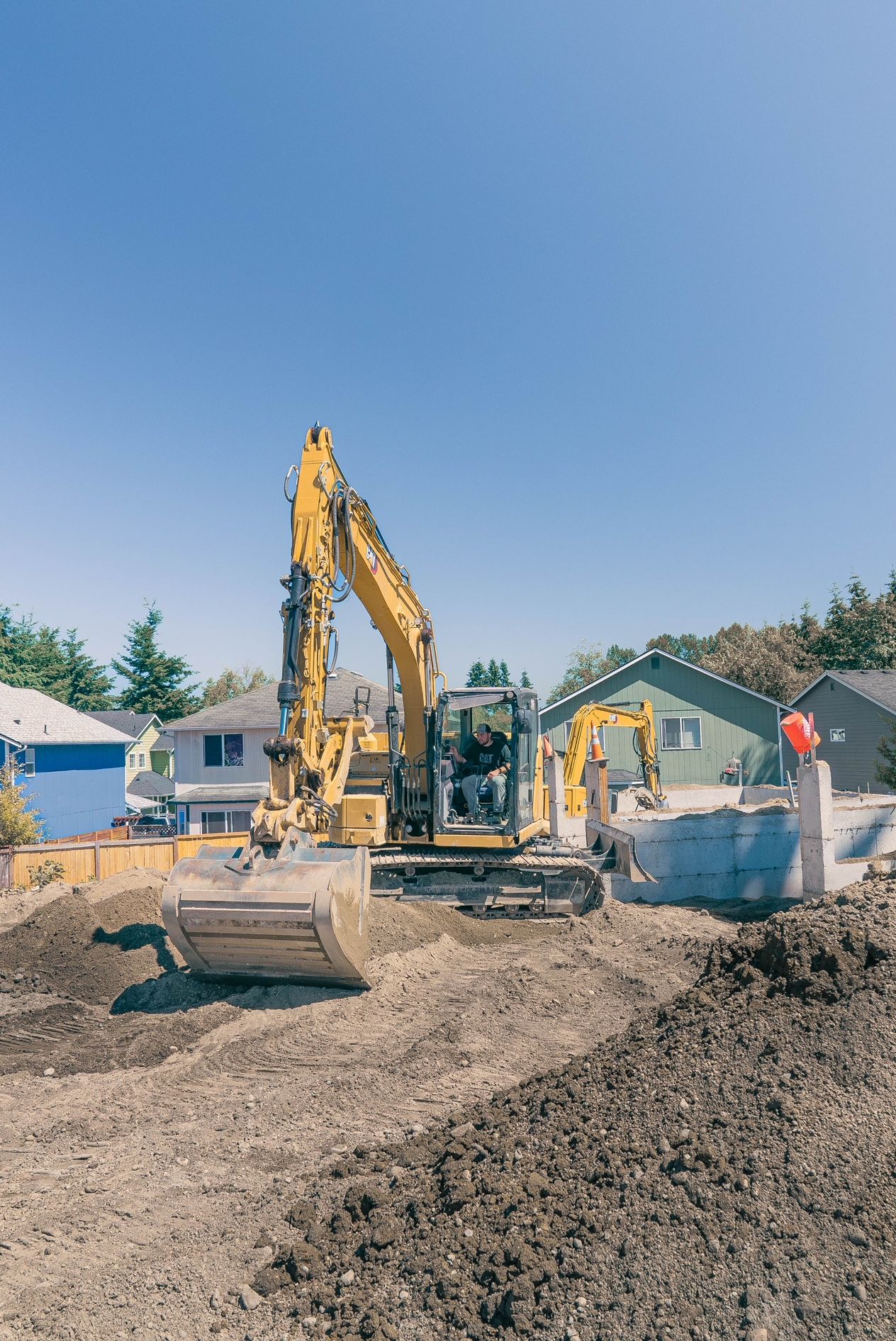
Why Is Excavation Important In Construction?
Excavation is vital as it prepares the ground ready for a solid and safe building. It helps with stability, shows where the foundation should go, and makes space for drainage and utilities. You need to dig to set up a strong foundation.
What Are The Types Of Excavation?
Depending on the project’s goal, different excavation methods are used to shape the land. Here are some common types of excavation you’ll see in construction:
- Trenching: Trenching is a narrow, deep excavation in the ground for laying pipe, electrical conduits, or constructing foundations. Safety measures include sloping walls and trench boxes.
- Tunneling: Creates underground tunnels for cables, highways, or subways. It generally uses tunnel boring machines (TBMs) or hand tools for small diameters. High complexity and depth make it time- and labor-intensive.
- Dredging: Excavates sediments from river bottoms, lakes, or harbors. Essential for marine construction and maintaining channel depth. Equipment utilized involves suction dredgers and clamshell buckets.
- Drilling: Employed in vertical drilling of water wells, oil/gas wells, or soil testing. Varies from auger drills to rotary rigs. Use in the geotechnical and oil industry.
- Grading: Leveling the site after excavation to render it stable and well-drained. Graders, compactors, and bulldozers provide a surface upon which something can be built.
How Much Does Excavation Cost In Construction Projects?
Excavation costs range from $50 to $200 per cubic yard or $1,400 to $5,000 per job. Factors include soil type, job size, site access, and required equipment. Let’s break down what pricing typically looks like.
Average Excavation Cost By Project Type
| Project Type | Cost Basis | Average Cost |
|---|---|---|
| Trenching for Utilities | Per Linear Foot | $5 - $20 |
| Basement Excavation | Per Job | $10,000 - $30,000 |
| Driveway Grading | Per Square Foot | $1 - $2.50 |
| Pool Digging | Per Job | $1,500 - $5,000 |
What Factors Affect Excavation Cost?
Several factors can change how much a project will cost:
- Soil Type: Clay or rocky terrain demands stronger equipment and longer labor hours. Sandy soil reduces cost and time.
- Excavation Depth & Size: Deeper, larger digs require more hours, safety supports, and equipment.
- Location & Accessibility: Working in busy city blocks or roads costs more because deliveries are tougher and crews spend more time doing the job.
- Type Of Equipment: Heavy machines charge a premium per hour, yet they finish the job fast. Hand-sized tools cost less to rent, but they crawl along and stretch the schedule.
- Labor & Permits: Rates depend on local labor laws and union rates. Permit fees can range anywhere between $100 and $1,000, depending on the agency.
- Hauling & Debris Removal: Removing spoil like dirt, rock, or old concrete and dump-site distance pushes prices higher.
What Tools And Equipment Are Used In Excavation?
To perform excavation safely and efficiently, the right tools and machines are essential.
- Tracked Dumpers: Designed for rough terrain, these transport heavy loads safely and efficiently. Excellent for muddy or uneven sites.
- Excavators (Mini To Large): Used in trenching, grading, and demolition. Mini models work well in tight areas; large ones suit major construction zones.
- Bulldozers: Ideal for pushing soil, leveling land, and removing debris. Equipped with flat or curved blades.
- Wheelbarrows And Loaders: Perfect for small-scale or precise material transport. Common in residential or landscape projects.
How Is the Excavation Process Planned And Executed?
Excavation isn't just mindless digging. It's a careful process that follows steps meant to protect people and keep the job right.
1. Planning And Site Survey
Contractors begin by testing soil, mapping boundaries, and designing excavation plans using GPS tools and total stations.
2. Permits And Safety Preparation
Before work begins, teams apply for permits, mark utilities, and prepare safety measures like shoring and protective gear.
3. Excavation And Monitoring
Digging starts with machinery and follows a layered approach. Supervisors document progress and monitor soil stability and environmental impact.
Book Expert Excavation Service Near Me Today
Working with professionals ensures everything is done safely, legally, and on time. Tremor Excavation & Septic offers full-service site prep - from soil testing and grading to trenching and hauling. Book your excavation service with Tremor Excavation & Septic today for trusted results.
FAQs
Do I need a permit to excavate land for construction?
Yes. Most areas require local or state permits. Timeframes range from a few days to several weeks.
How long does excavation usually take?
Small residential jobs may take 1–3 days. Commercial or deep excavations could last several weeks.
Can excavation be done in the rainy season?
Excavation in wet weather increases risks. Water can cause slippage or flooding. Proper drainage and weather monitoring are needed.

